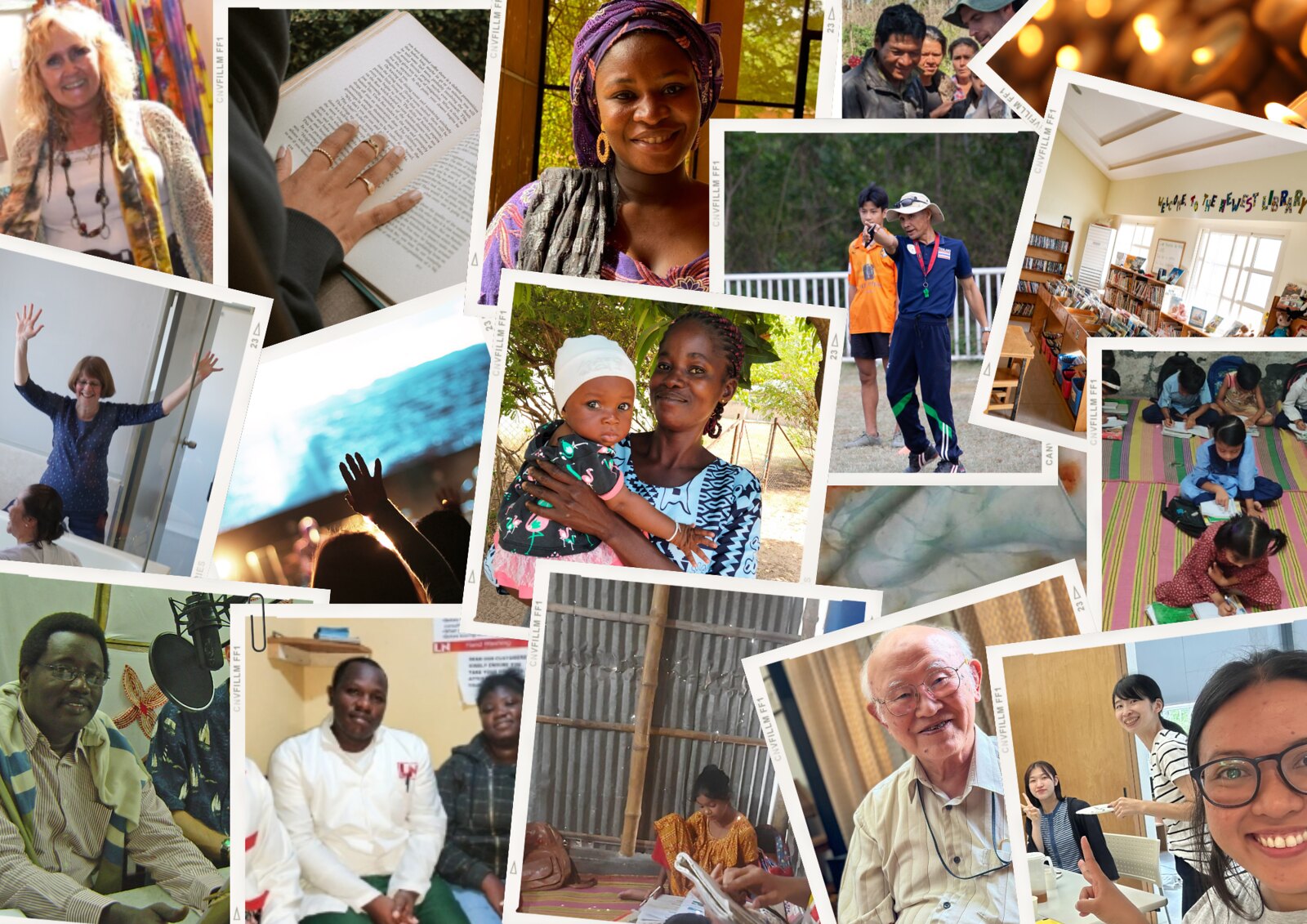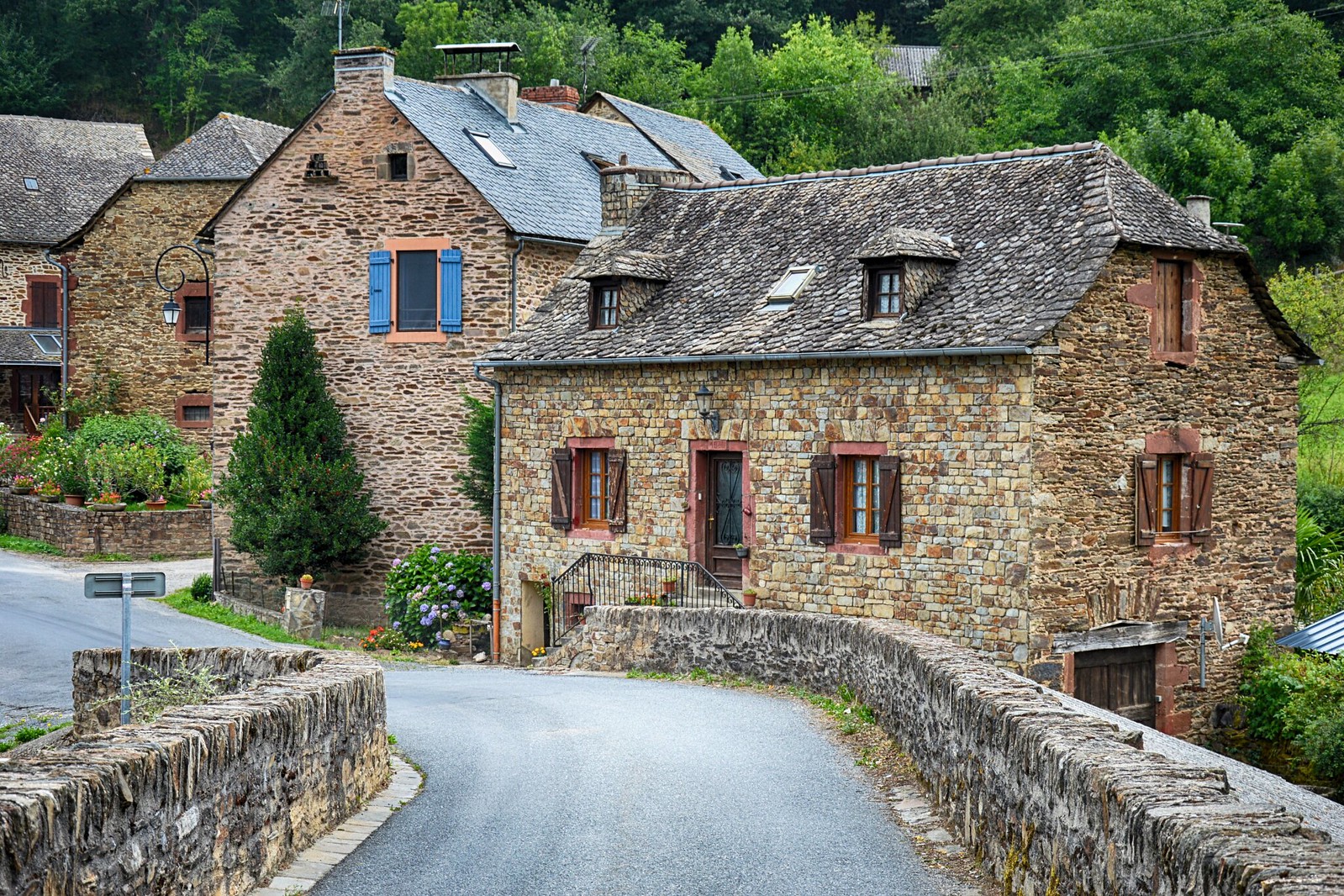Why Katie runs a month-long science camp
By Tianna Haas | West Africa

Katie, a teacher and SIM worker, hosts a four-week summer camp in West Africa. This impressive programme, run from Katie’s home, invites children to learn about Jesus while they study science. Last year, the camp included 43 children, three lead teachers, four paid staff members and six volunteers.
We asked Katie about her ministry and the joyous results she’s seen.
How did the camp start?
Katie: The original idea for science camp came from another SIM ministry, in Canada. In 2014, the entire team evacuated due to Ebola. The following summer, I was unable to return to West Africa, and SIM connected me with that Canadian ministry. After serving alongside them, I returned to West Africa.
How long has the camp been going?
K: I ran a trial day-camp during the summer holidays of 2016 when my sister and brother came for a visit. That experience encouraged me to plan a more formal academic camp. The following year, I began science camp with the help of my new colleague, Bethany. We have done three summers and one Christmas break programme in total.
What was the inspiration behind the month-long science camp?
K: As we promoted science camp in our neighbourhood, people consistently asked how many weeks our programme would run and if we could do a month. We discovered that many summer school programmes here run for at least a month and offer parents a reduced rate to send a child for the full four weeks. Kids are not required to do an entire month and families pay week by week.
How do you incorporate experiments and science lessons with Bible teaching?
K: Each day has three lessons: one scientific lesson, one lesson for life (which is our Bible teaching) and either a second scientific lesson or a practical lesson – for instance, we did first aid lessons during our human body theme week.
Some of our fundamental goals for the camp are to increase students’ critical thinking skills and expose them to active learning styles, which they can reproduce outside of the classroom. Thus, in our science lessons we try our best to use a mixture of teaching techniques including experiments.
Generally, the experiments, crafts and worksheets are very popular. I haven’t heard of a local school using any of these techniques, because they have far too many students (the average class size in this country is 100 kids) and almost no resources in their classrooms.
At times, I have tried to match the life lesson with the science lesson theme. For example, one year we learned about flight and discussed Isaiah 40:31 throughout the week. Another time, we connected the life lesson about sin with a discussion on disease and our immune system.
ed steps but pray that we are building foundational beliefs in these young hearts.
"... but those who hope in the Lord
will renew their strength.
They will soar on wings like eagles;
they will run and not grow weary,
they will walk and not be faint."
— Isaiah 40:31
However, I’ve shifted the focus to a life lesson theme for the entire month. That way, critical thinking and active learning skills are reproduced in our life lessons with Bible memorisation, at-home discussion questions and theater performances that retell the stories.
The lessons themselves don’t necessarily have a direct connection with the science lesson. Last summer, our life lesson theme was “God provides a Lamb,” and we traced the theme through the Bible each week.
We also try to have life lessons with some flexibility, because we pray for God’s guidance on how openly to present various themes to our group. The majority of the children – I would say about 85 per cent – are Muslim.
Do you have a story about a particular student that stands out to you? Maybe one who improved in their spiritual and scientific knowledge?
K: One child, Delphine*, comes from a Christian family, but one with a lot of brokenness. She arrived at camp and immediately loved the lessons, experiments and interactions with staff. Every week for a month after camp, she asked me when the next camp would start.
However, the long-term impact only became apparent later, when her mother declared how much better she was doing at school because she was applying herself, asking questions and engaging in learning the material. She was also instrumental in setting up a Bible memorisation and catechism class for her and all the kids who live in her yard. I see her desiring to grow in her knowledge of God and in her application of his teachings.
As I considered this question, I thought of many kids who fall into a similar category … It could be discouraging or encouraging depending how you view it.
Another child, Nestor* has participated in science camp for two years. He also participated in my other community clubs. During his first year of science camp, he was failing at school, which is why his parents signed him up instead of his other siblings. Their family doesn’t have a lot of resources.
He was a bit of challenge with both a low academic level and a short attention span, which caused some discipline problems. However, he developed good relationships with staff and volunteers while enjoying the challenge of hands-on learning.
This past year, he successfully passed his grade six exams, which is an important national exam for students to continue their education. Last year, his parents signed him up for one week, and he found the money himself to participate in all four weeks!
So, what is the spiritual significance for Nestor? It’s often hard to tell. While some students openly engage with the life lesson questions, he is hit or miss, depending on the day. He faithfully memorises the Bible verses – he’s especially good at it. He’s proud of his ability to write and say the verses in the local language now. All in all, we have seen transformation and we can measure understanding. What does that really mean in his heart? Only God knows.
While I long for more stories of students coming to faith, I am also learning to trust God with other students like Nestor.
Three years ago, he was among the least reached in this country with barriers of ethnicity and literacy. Like many of the majority ethnicity here, he was statistically unlikely to ever hear the gospel. But today, not only has he heard the gospel presented (in a video in the local language that we showed at the end of last year’s science camp), he also has memorised over 30 Bible verses between science camp and kids’ clubs.
He also has ongoing relationships with several believers. I see how he and other kids have begun to internalise the messages about the character of God in ways that bring confidence, compassion for others around them and a desire to learn more about God.
We take child-sized steps but pray that we are building foundational beliefs in these young hearts.
We take child-sized steps but pray that we are building foundational beliefs in these young hearts.
Have you started planning this summer’s camp yet?
K: Summer 2020 is in very early planning stages. We are focusing our current planning on a possible short science camp during the long school break at the beginning of April.
The interns who I trained last summer will be directing a one-week programme (using curriculum from one of last summer’s weeks) in a local village where another missionary works. This provides them a chance to take the next step as I will supervise from afar and visit at the end of the camp.
Serve with your skills
Science camp may not be the first thing that comes to mind when you think about missions. But God can use your interests like he used Katie’s to make his name known throughout the world. Contact us today to find out how you can serve the Lord through your own version of science camp.
Pray for:
• Katie to teach biblical principles faithfully to students through science camp and ultimately see many come to saving faith.
• Delphine’s continued discipleship.
• Nestor to know Jesus as Lord.
• the staff and volunteers who are not yet Jesus followers to hear the gospel through the life lessons.
*Names changed.




